Sleep Better, Live Better – Your Fast Fix for Restful Nights!
Discover expert-backed sleep tips and the best products to help you fall asleep faster, stay asleep longer, and wake up refreshed. Join our newsletter for exclusive sleep hacks and special offers!
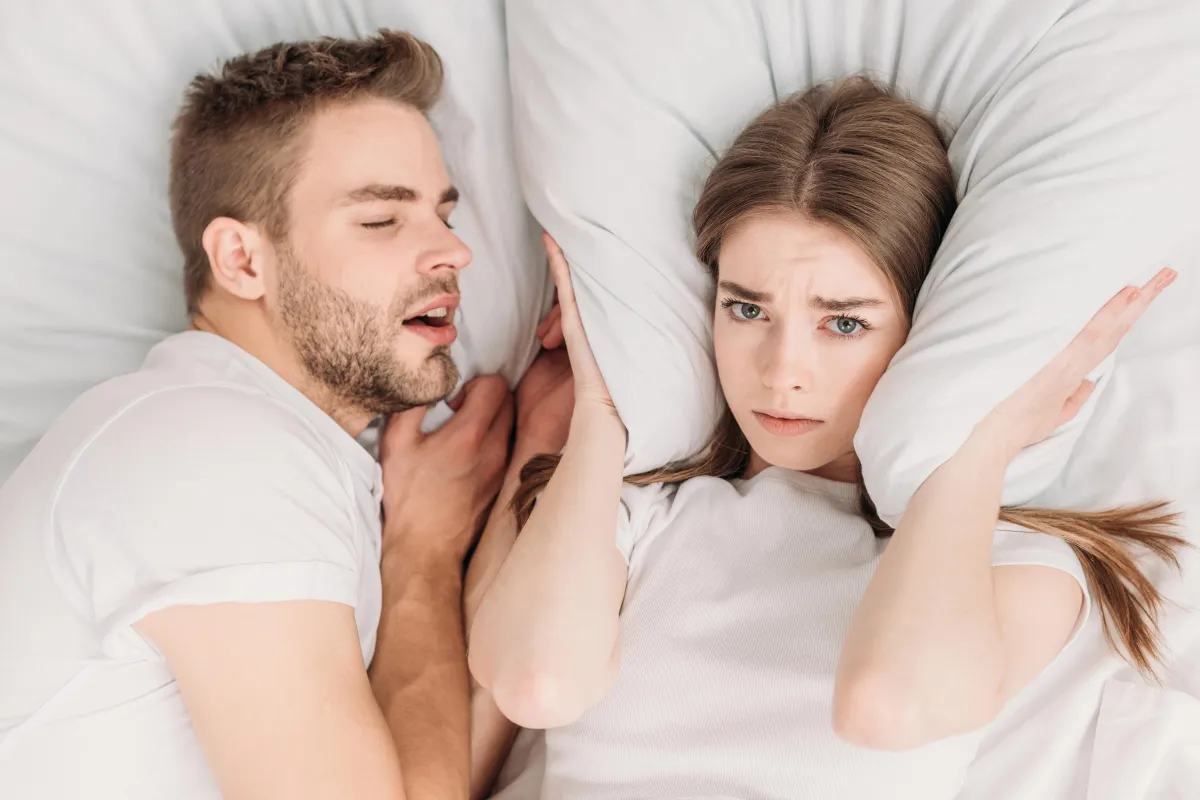
💤 Our Top-Rated Anti-Snoring Solution
Say goodbye to restless nights and hello to quiet, restorative sleep. Our #1 recommended anti-snoring device is comfortable, effective, and backed by thousands of happy sleepers. Whether it’s nasal strips, a mouthpiece, or smart tech — we’ve tested the best so you don’t have to.
Other Sleep Products We Love – Handpicked for Better Rest!
From cozy pillows to high-tech sleep trackers, we’ve curated the best sleep-enhancing products to help you fall asleep faster, stay asleep longer, and wake up refreshed. Explore our top recommendations!

The Best Pillow for Your Deepest Sleep Yet!
Say goodbye to neck pain and restless nights. Our top-rated sleep pillow is designed for ultimate comfort, support, and temperature control—so you can wake up feeling refreshed every morning.
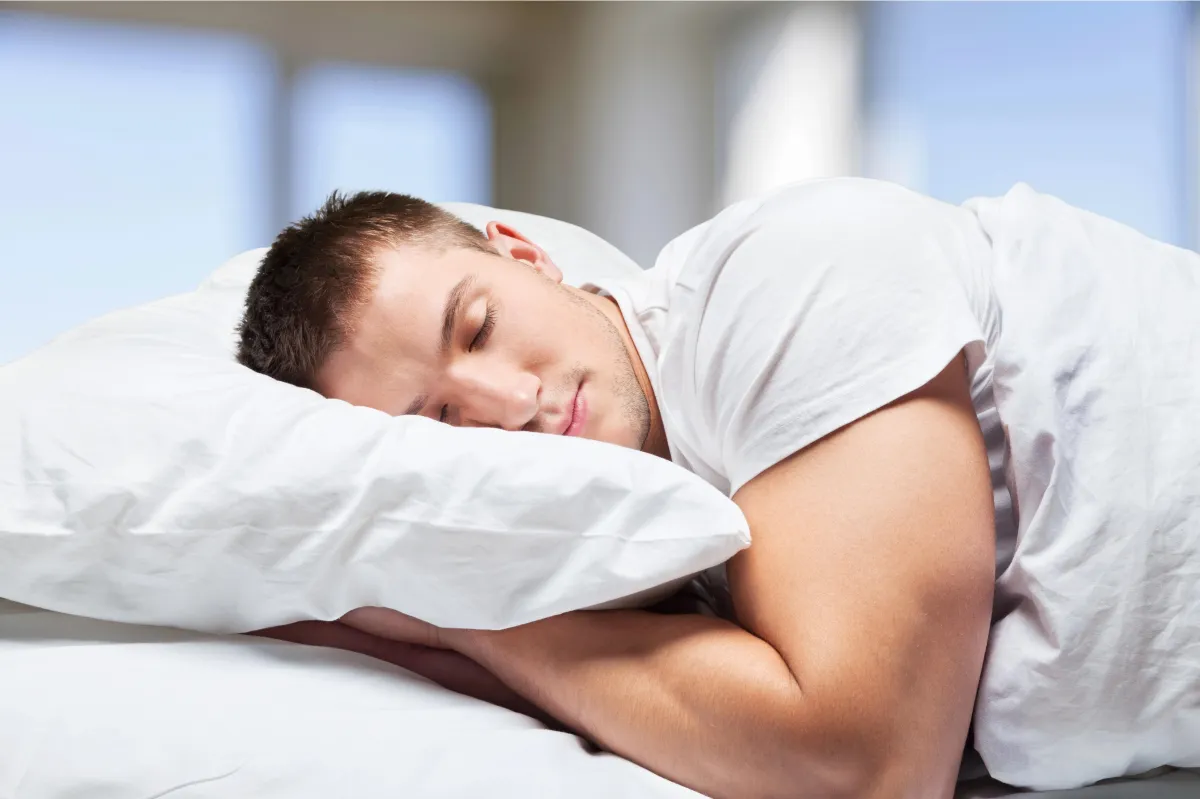

Sleep Better Naturally – The Best Supplements & Gummies
Struggling to fall asleep or stay asleep? Our carefully selected sleep supplements and melatonin gummies help you relax, unwind, and drift into deep, restorative sleep—naturally and effectively.
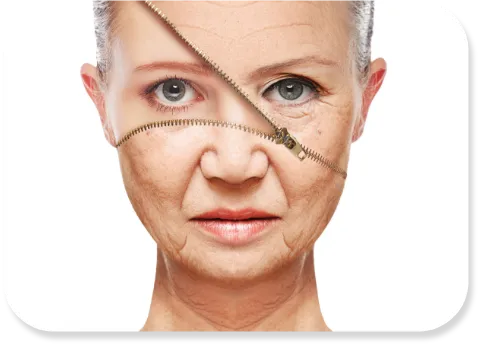
Mattresses That Make Every Night Feel Like a Dream
Revitalize your skin through Skin Tossing and turning ends here. We’ve tested and reviewed the best mattresses for every sleep style — from cooling memory foam to hybrid support — so you can find your perfect match for deep, uninterrupted sleep.
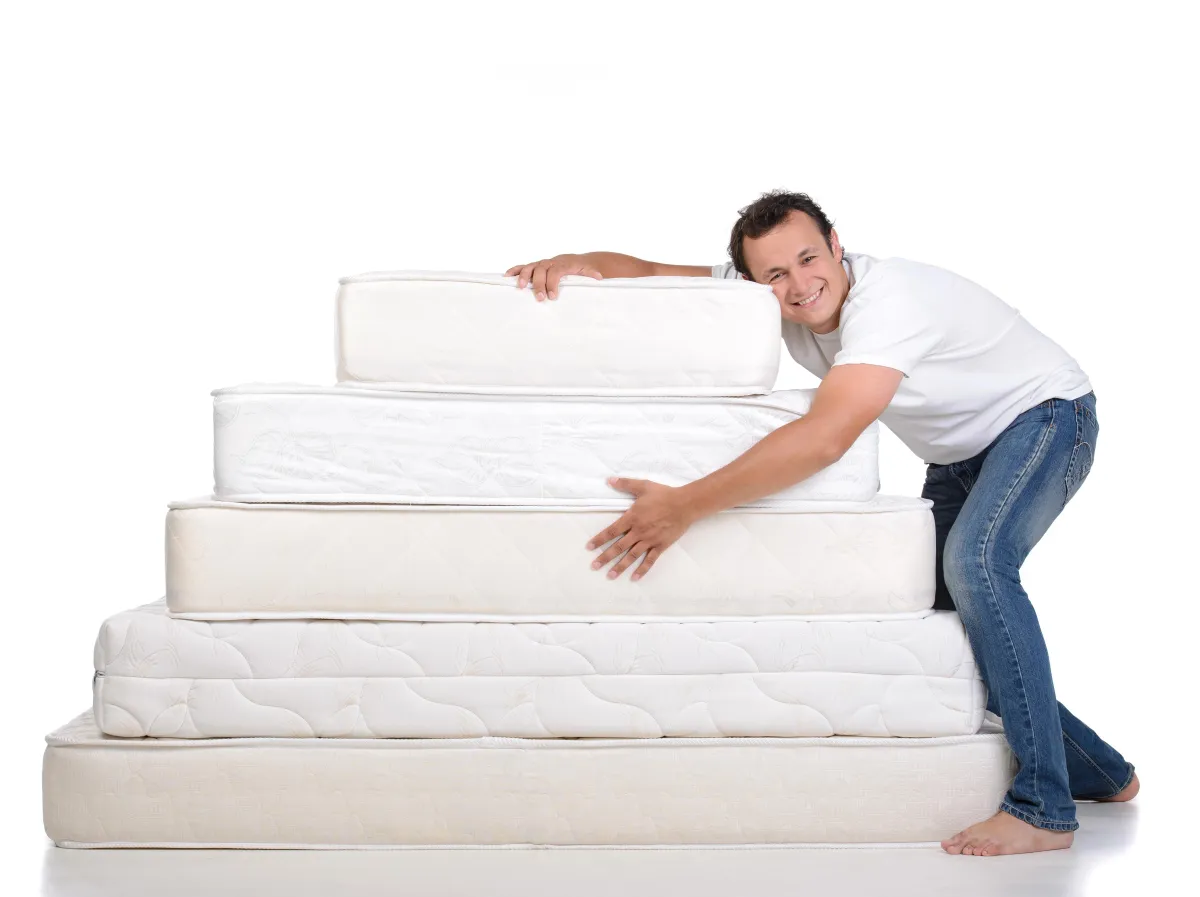
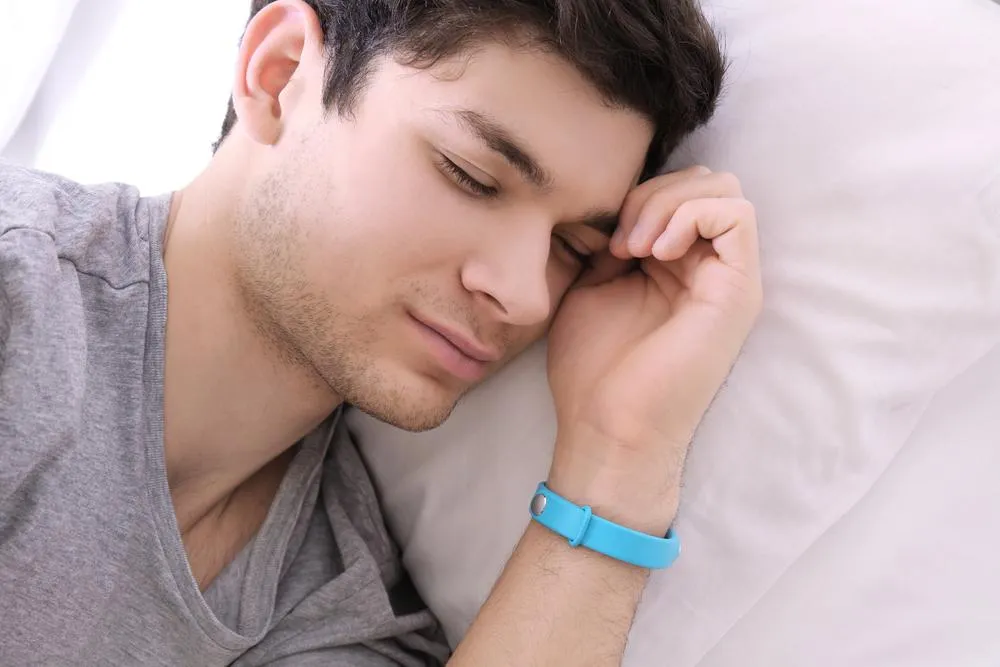
Smart Sleep Trackers & Gadgets for Deeper, More Restful Nights
Unlock the secrets of your sleep with cutting-edge trackers and smart gadgets designed to help you fall asleep faster, stay asleep longer, and wake up refreshed. From wearables to white noise machines, find the perfect tech to optimize your rest.
Let me know if you'd like button text as well!
FastSleepFix.com is a participant in various affiliate marketing programs, which means we may earn a commission if you click on a link and make a purchase at no extra cost to you. We only recommend products we believe in and think will genuinely help improve your sleep. As an Amazon Associate, we earn from qualifying purchases.
